November 08, 2016 0 Comments
One thing that makes Joyce Farms an industry leader in the area of animal welfare is our adherence to the Global Animal Partnership’s 5-Step Animal Welfare program for both our heritage chicken and heritage beef.
The GAP animal welfare program is a higher standard than almost any other animal welfare rating. Founded in 2008, Global Animal Partnership (GAP) is an organization that brings together farmers, scientists, ranchers, retailers, and advocates who want to improve the welfare of animals in agriculture. Originally developed and sponsored by Whole Foods, today GAP is an independent nonprofit that partners with a number of US grocers. Whole Foods is still a major sponsor, and insists that all the fresh beef, pork, chicken and turkey in their store are raised to at least GAP Step 1 standards. To achieve even that, farmers and ranchers must meet more than 100 animal-welfare requirements. Each step above Step 1 requires more.
At Joyce Farms, we’re proud to say that we go well beyond that Step 1 minimum. All of our Poulet Rouge Fermier® Heritage Chickens hold a GAP Step 4 animal welfare rating. The birds are raised in houses offering natural light, natural ventilation, enrichments, 400% more space than conventional birds, and access to additional space in a pasture. Our Heritage Aberdeen Angus cattle are also GAP Step 4, raised on farms that routinely pass the strictest audits for humane handling.
How does the GAP program compare to other ways of determining how an animal is raised? According to a ranking by The Wall Street Journal, a label indicating an animal was raised using GAP standards is a much better way to judge animal welfare than either of the more common “American Humane Certified” or “USDA Organic” labels. And the experts at humaneitarian.org put it even more bluntly: “Generally speaking, if you want chicken, pork, or beef raised in a pasture-centered way, look for GAP products labeled Step 4 or Step 5.” Shop GAP 4 Certified Heritage Chicken and Beef from Joyce Farms.
April 30, 2025 0 Comments
Food waste is a challenge across the food system—but there are practical ways to do better. On Stop Food Waste Day, we’re sharing how farms, chefs, and home cooks can make small changes that add up to lasting impact.
October 11, 2024 0 Comments
In the wake of Hurricane Helene's devastation, Asheville’s culinary community is coming together to offer more than just food. From hosting fundraising events to donating meals and resources, these chefs, restaurateurs, and food artisans are playing a vital role in relief efforts, feeding hope to those in need.
August 30, 2024 0 Comments
As consumers become more conscious about the origins of their food, labels on meat and poultry offer reassurance that our choices align with our values. However, new USDA guidelines aimed at strengthening these claims bring a new challenge: balancing trust in these labels with the rising costs of maintaining them, especially for small producers. Explore how these changes could impact the food you choose and the diversity of options available.
© 2025 Joyce Farms.
Powered by Shopify
